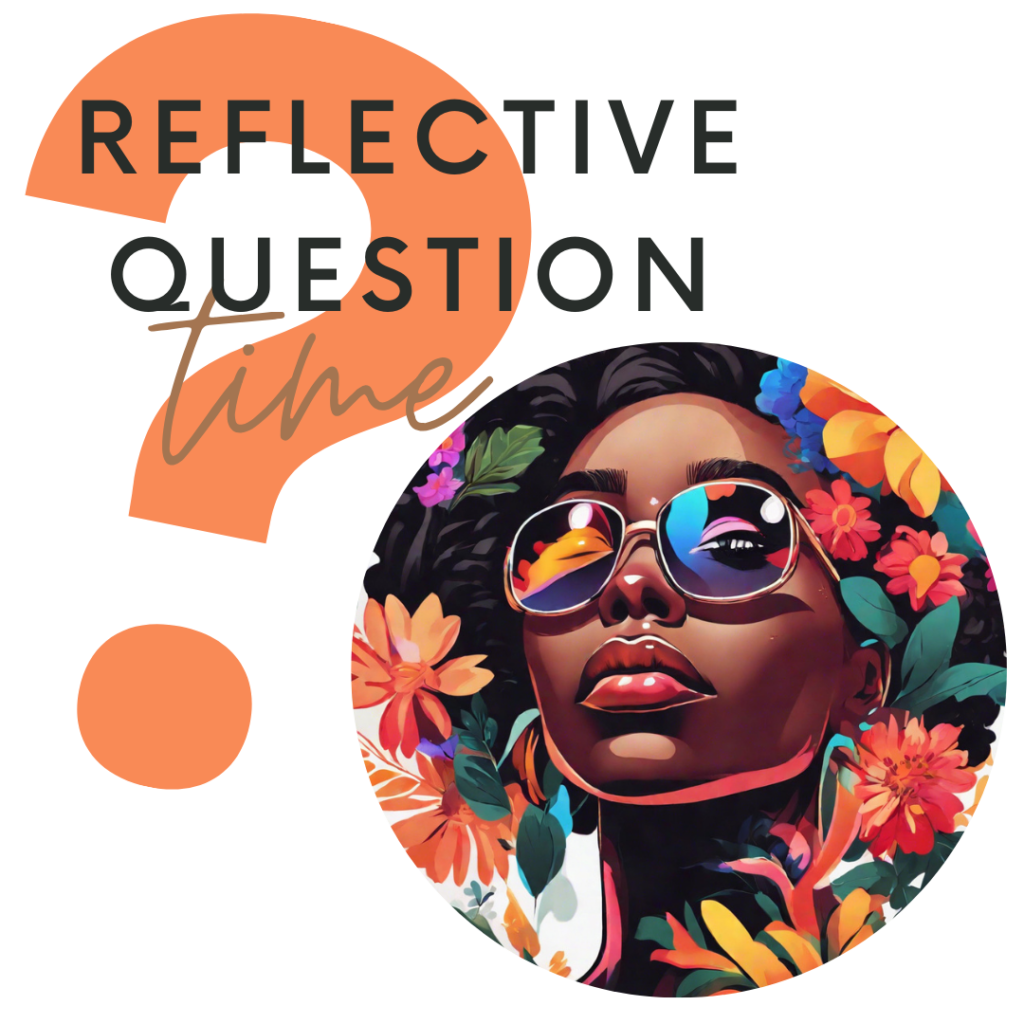It’s disorienting.
You show up with softness. Maybe it took courage. Maybe it cost something—your pride, your vulnerability, your hope.
And in return?
A cold shoulder. A clipped tone. A silence so sharp it echoes. It feels like a strike back.
You were only trying to love them. Only trying to be there. But their response stung in the places you weren’t prepared to guard.
It’s hard not to take it personally. It feels personal. Like your presence was unwanted. Like your tenderness was a mistake. Like love was a language they didn’t want to speak back.

The Quiet Construction of Emotional Armor
But what if the cruelty wasn’t about you at all?
Pain, when left unhealed, doesn’t just sit quietly inside someone—it builds. It hardens. It learns how to protect. And sometimes, that protection becomes the only way they know how to survive.
This armor is invisible, but you’ve felt it. It comes in:
- A sarcastic jab – camouflaging a wound too raw to expose.
- Avoidance – not because you’re unworthy, but because closeness feels dangerous.
- Explosive reactions – a dam finally breaking, years in the making.
- A hardened tone – masking the soft parts they’ve long since buried.
They don’t mean to hurt you. They’re just trying not to bleed.

How Pain Hides Behind Harshness
Some people carry pain like a shadow—quiet, heavy, always present. And when you try to bring light to them, they recoil. Not because they hate the light. But because they’ve grown used to the dark. And somewhere along the way, kindness stopped feeling safe.
So when you reach out and they flinch, lash out, or shut down—it’s not rejection. It’s protection.
It’s a heart conditioned by survival, not intimacy. It’s not that they don’t want love. It’s that they’ve forgotten how to let it in.

Compassion with Boundaries: 5 Ways to Love Without Losing Yourself
Being kind doesn’t mean losing yourself. True compassion holds space without carrying the weight.
1. Pause and Reflect
Ask: What pain might they be carrying? Their reaction may not be about you at all.
2. Separate Their Pain from Your Worth
You are not their trigger. You are not their cure. Their reaction isn’t a mirror—it’s a wound.
3. Offer Gentle Empathy, Not Pressure
- “I see you’re carrying something. I’m here, no pressure.”
- “I care. I’ll hold space, not expectation.”
4. Honor Your Own Well-Being
Kindness is not martyrdom.
- “I want to support you, but I also need respect.”
- “I’ll give you space—but I won’t shrink in the process.”
5. Know When to Let Go
Sometimes love means leaving. Not in bitterness, but in clarity. Some healing must be self-led.

A Moment I Misunderstood Their Distance
But even with this understanding, it can still hurt. It’s hard not to take it personally when kindness is met with resistance.
Looking back, I see the signs more clearly—the times I mistook someone’s distance for disinterest, their coldness for cruelty. I see now that their silence was not empty; it was full—full of emotions they couldn’t yet give voice to, full of struggles I wasn’t meant to fix.
I remember the way their eyes darted away when I reached for them, how their words came out clipped, guarded. How their voice cracked when they said, “I am fine. Everything will be ok.”
I didn’t know then what I know now—how much strength it takes for some people to let love in. How pain can make even the softest hearts build walls so high they forget how to open the door.

The Softness They Might Remember Later
Hurt people hurt people. Not always out of cruelty, but because pain leaks.
It spills through their words. It trembles in their silence. It lashes out not because you’re the enemy—but because you got too close to a wound they’ve never dared to name.
If you listen closely—past the defensiveness, past the withdrawal—you might hear something else:
A trembling wish to be seen.
A quiet ache for gentleness.
A desperate hope that someone might stay.
But not every heart is ready for kindness. Not every soul can hold what you’re offering. And that doesn’t mean you stop loving. It just means you start loving with wisdom.
Compassion isn’t coercion.
You don’t need to pry their pain open.
You don’t need to force a connection.
Some wounds only heal from within.
Offer warmth—but release the outcome.
Their readiness is not your responsibility.
You learn to offer warmth without expectation.
To show up fully—but not at the cost of yourself.
To know the difference between staying and sacrificing.
And then, one day—maybe in stillness, long after you’ve stepped away—they might remember:
Not how long you stayed, but the way your presence felt.
Not the words you spoke, but how your kindness made room.
Because sometimes, the gift of your compassion is only seen in hindsight.
And maybe, that memory will remind them—
That softness still exists.
That they, too, can lay the armor down.

- Have you ever taken someone’s coldness as a personal rejection?
- What boundaries help you offer compassion without self-sacrifice?
- When has someone’s pain disguised itself as distance or defensiveness?
- How can you meet others where they are without abandoning yourself?
Thank you for reading and visiting the blog—I’m grateful to share this space with you. The accompanying design by Vibe Graphix adds a thoughtful touch to this message. Take what resonates, let go of what weighs you down, and embrace your journey toward clarity and freedom. 💛



